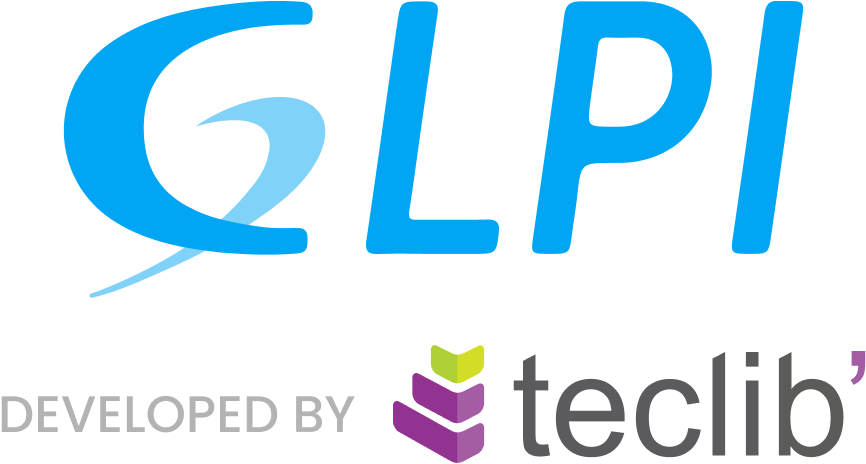Discover Tomorrow with Echo-9
At Echo-9, our mission is to deliver robust, adaptable solutions. Committed to fostering transparency, efficiency, and sustainability through open-source innovation, secure infrastructure, and dedicated specialist support - helping our partners thrive in a digital-first world.
Our vision is to empower mature technological adoption with cost effective, secure and scalable products and processes - driving digital transformation for the greater good."
Whether you're a Small Business, Charity, National Company, Education Provider, NHS Trust, or Local Government organisation, our team is here to help you adopt the right technologies, embed best practices, and maximise your organisation's impact. GLPI can be tailored and scaled for any organisation size or sector.
Professional--Trusted--Open--Secure
Echo-9 empowers organisations in all sectors with cost-effective, scalable digital solutions tailored to your needs. At Echo-9, we help organisations unlock the full potential of open-source technology securely, reliably, and collaboratively with full ongoing support and our uptime guarantee.
Echo-9 is our team - Experts with unique knowledge of implemented best practice, real world solutions and a customer focus on getting it right for you.
Our Products and Services are Compliant with
ITSM/ITAM Processes
Full compliance with all IT Service and Asset Management processes
GDPR & Accessibility
DPO Register/compliance, exports, WCAG 2.2 AA standard
Cyber Security
Cyber Essentials, ISO27001, NIST2 and more
Custom Development
Our customisations adhere to W3C Standards for web applications
Backed by robust support, transparent pricing and a commitment to long-term sustainability.
Engage Echo-9 and be part of a trusted network where we balance the openness and flexibility of open-source with the rigour, compliance, and assurances required to deliver best in world business systems. Strong governance, proactive security, and a commitment to long-term sustainability.
Our Services at a Glance
We utilise market leading IT Service Management (ITSM) and IT Asset Management (ITAM) software to deliver a strong service improvement platform that underpins essential cyber security requirements for properly identified and managed assets.
Through systematic discovery, classification, and lifecycle management of IT assets, we enable organisations to maintain accurate inventories, track software licenses, manage warranties.
Our proven methodology ensures that your organisation's IT infrastructure is not just managed but strategically aligned with your business objectives. By implementing comprehensive asset identification and management processes, Echo-9 creates a foundation that supports robust cyber security practices, compliance requirements, and operational excellence.
GLPI Implementation & Support Services
Echo-9 provides comprehensive GLPI implementation and support services, ensuring your organisation gets the most from this powerful open-source ITSM/ITAM platform.
Our expert team offers:
Support & Maintenance
Ongoing support and maintenance
Installation & Setup
Complete GLPI installation and configuration
Training & Support
User training and knowledge transfer
Performance & Scale
Performance optimisation and scaling
System Integration
Integration with existing systems and tools
Custom Workflows
Custom workflow design and implementation
Plugin Development
Plugin development and customisation
Whether you're starting with ITSM/ITAM for the first time or migrating from another tool, our skilled experts will transition you through every step, ensuring a robust implementation and maximum value from your investment.
Web Security Services
Protect your organisation's digital presence with Echo-9's comprehensive web security services. We identify security issues, resolve vulnerabilities, and provide continuous monitoring to protect your website from ongoing risks.
Our web security services include:
Assessments & Scanning
Comprehensive security assessments and vulnerability scanning
Weakness Identification
Identification of security weaknesses and risks
Remediation
Remediation of identified issues
Continuous Monitoring
Continuous monitoring and threat detection
Reporting & Recommendations
Regular security reports and recommendations
Compliance Verification
Compliance verification (OWASP, CWE, etc.)
Try our free web security checker tool to get an instant assessment of your website's security posture.
Cyber Breach Response Platform - CyberDesk
When every second counts, CyberDesk provides your organisation with a secure, independent platform for managing cyber incidents and recovery operations.
Built on the proven GLPI framework, CyberDesk operates independently of potentially compromised infrastructure, providing a trusted environment for coordinating recovery efforts during cyber incidents, including ransomware attacks, data breaches, and operational disruptions.
Key features include:
Rapid Deployment
8-36 hours depending on tier
Secure Vault
Disaster Recovery and Business Continuity Plans
Incident Tracking
Incident tracking and management
Asset Discovery
Asset discovery and management
Resource Coordination
Resource coordination and task management
Best Practice Workflows
Best practice cyber recovery workflows
CyberDesk ensures your organisation can respond swiftly, transparently, and securely when facing cyber threats.

Echo-9 is a GLPI Official Partner delivering ITSM and ITAM solutions
* Unlimited Technicians not applicable to public/private cloud offering or Basic and Standard On premise subscription
Expert Digital Solutions
Save money and streamline your business processes with our trusted services.